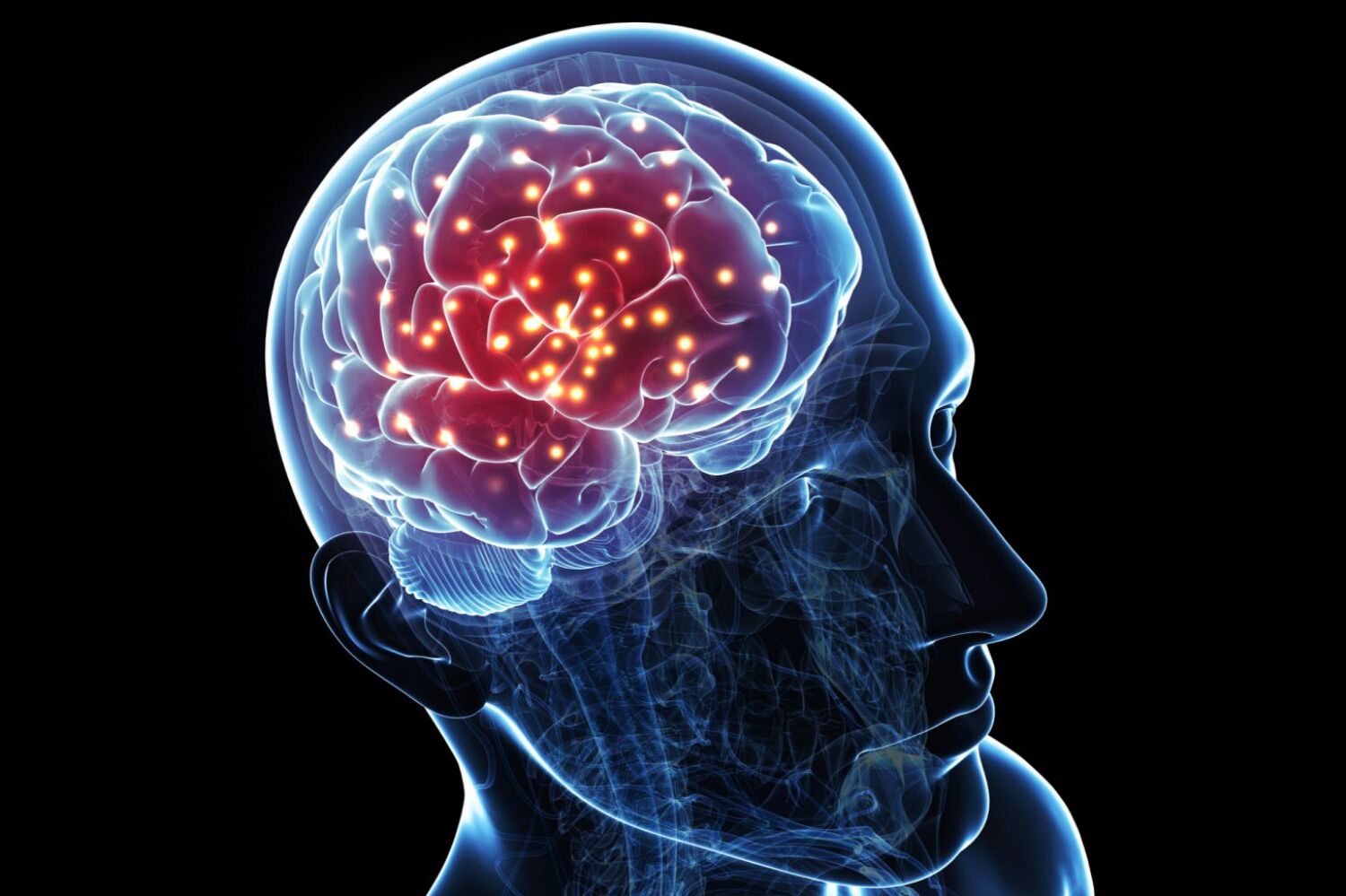
Ever wondered how your brain works? The brain is a powerhouse, controlling everything from thoughts to movements. It's a complex organ, full of mysteries and wonders. Did you know that the brain generates enough electricity to power a small light bulb? Or that it contains about 86 billion neurons? These neurons communicate through synapses, creating a network more intricate than any computer. Your brain is always active, even when you sleep. It processes information, stores memories, and helps you make decisions. Understanding brain function can help you appreciate its incredible capabilities. Ready to learn more? Let's dive into 26 fascinating facts about brain function!
Brain Size and Weight
The human brain is a marvel of nature, packed with intricate details and fascinating facts. Let's dive into some surprising truths about this incredible organ.
- The average adult brain weighs about 3 pounds.
- Despite its small size, the brain uses 20% of the body's total energy.
Brain Cells and Neurons
Neurons are the building blocks of the brain. They communicate through electrical and chemical signals, forming the basis of all brain functions.
- The human brain contains approximately 86 billion neurons.
- Each neuron can form thousands of connections with other neurons, creating a vast network.
Memory and Learning
Memory and learning are crucial functions of the brain, allowing us to retain information and adapt to new situations.
- The hippocampus, a small region in the brain, plays a key role in forming new memories.
- Sleep is essential for memory consolidation, helping to transfer short-term memories to long-term storage.
Brain Plasticity
Brain plasticity, or neuroplasticity, refers to the brain's ability to change and adapt throughout life.
- The brain can reorganize itself by forming new neural connections, especially after injury.
- Learning new skills or engaging in challenging activities can enhance brain plasticity.
Emotions and the Brain
Emotions are complex experiences influenced by various brain regions working together.
- The amygdala, an almond-shaped structure, is crucial for processing emotions like fear and pleasure.
- Dopamine, a neurotransmitter, plays a significant role in the brain's reward system, influencing feelings of happiness and motivation.
Brain Health
Maintaining brain health is vital for overall well-being and cognitive function.
- Regular physical exercise can improve brain health by increasing blood flow and promoting the growth of new neurons.
- A diet rich in antioxidants, healthy fats, and vitamins supports brain function and protects against cognitive decline.
Brain Disorders
Various disorders can affect the brain, impacting its function and structure.
- Alzheimer's disease is a progressive brain disorder that leads to memory loss and cognitive decline.
- Parkinson's disease affects movement control due to the degeneration of dopamine-producing neurons.
Brain and Technology
Advancements in technology have provided new insights into brain function and potential treatments for brain disorders.
- Functional MRI (fMRI) allows scientists to observe brain activity in real-time.
- Brain-computer interfaces (BCIs) enable direct communication between the brain and external devices, offering hope for individuals with disabilities.
Brain Myths
There are many myths about the brain that have been debunked by scientific research.
- The idea that humans only use 10% of their brain is a myth; we use virtually all parts of our brain.
- Brain size does not determine intelligence; it's the complexity and efficiency of neural connections that matter.
Brain Development
Brain development begins early in life and continues into adulthood.
- The brain undergoes rapid growth during the first few years of life, forming millions of new connections.
- Adolescence is a critical period for brain development, with significant changes in areas related to decision-making and impulse control.
Brain and Creativity
Creativity involves multiple brain regions working together to generate new ideas and solutions.
- The prefrontal cortex is associated with creative thinking and problem-solving.
- Daydreaming can boost creativity by allowing the brain to make unexpected connections.
Brain and Language
Language processing is a complex function that involves several brain areas.
- Broca's area, located in the frontal lobe, is essential for speech production.
- Wernicke's area, found in the temporal lobe, is crucial for understanding spoken and written language.
Brain and Sleep
Sleep is vital for brain function, affecting everything from memory to mood.
Final Brain Nuggets
Understanding brain function can be mind-blowing. From its neuroplasticity to the billions of neurons firing away, the brain is a marvel. Knowing that sleep boosts memory, exercise enhances cognitive abilities, and stress can shrink the brain helps us make better choices. The fact that music can heal or that laughter is a natural painkiller shows how interconnected our brains are with our daily lives.
Remember, the brain is always changing, adapting, and learning. Keeping it healthy through good nutrition, mental exercises, and social interactions is key. So, next time you’re solving a puzzle or learning a new skill, know that you’re giving your brain a workout. Keep feeding it with knowledge, and it’ll keep surprising you with its capabilities. Stay curious, stay sharp, and let your brain do the rest!
Was this page helpful?
Our commitment to delivering trustworthy and engaging content is at the heart of what we do. Each fact on our site is contributed by real users like you, bringing a wealth of diverse insights and information. To ensure the highest standards of accuracy and reliability, our dedicated editors meticulously review each submission. This process guarantees that the facts we share are not only fascinating but also credible. Trust in our commitment to quality and authenticity as you explore and learn with us.


